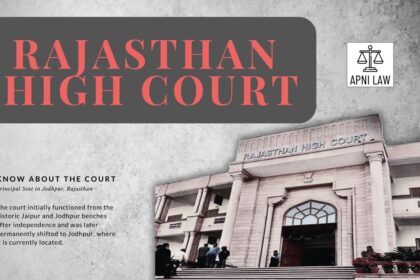An elderly couple, both over 75 years old, have three sons but no daughters. The eldest two are struggling financially and unable to care for their parents. Their youngest son, who previously provided for them, sadly passed away last year. He had no children of his own but legally adopted a six-year-old child. Before his death, he built a house worth 20 lakhs and had 4 lakhs in savings. Unfortunately, he didn’t leave a will. Now, the elderly parents are being denied access to their son’s house by their daughter-in-law and are living in a rented property. They have no income of their own.
They are seeking legal guidance:
1. Can they claim a portion of their son’s property and savings? If so, what steps should they take and what percentage of the property can they request? Which legal sections should they refer to when approaching the court?
2. What are the approximate court fees? As they are impoverished with a BPL card, are they eligible for any court fee waivers? Should they file their case in the court where the property is located?
Best Answer
Yes, the elderly parents can claim a portion of their son’s property and savings under the Hindu Succession Act, 1956 and the Indian Succession Act, 1925. They should file a suit for partition and claim a share in the property and savings based on their dependency. They should refer to Sections 8 and 15 of the Hindu Succession Act and Sections 108 and 111 of the Indian Succession Act. The court fees can vary depending on the value of the property, but they can request a fee waiver based on their BPL status. The case should be filed in the court where the property is located.
Please login or Register to submit your answer





